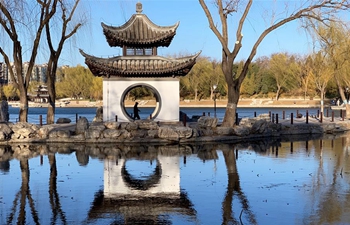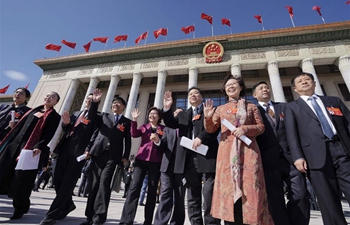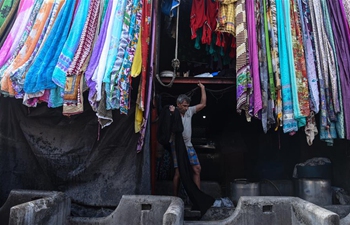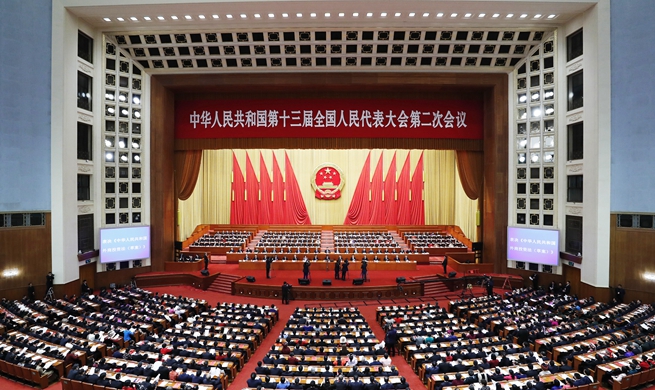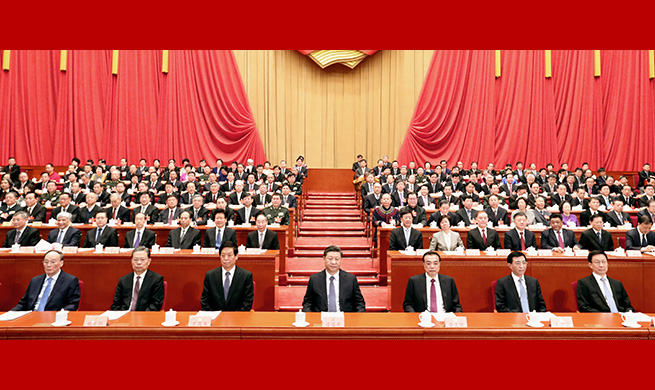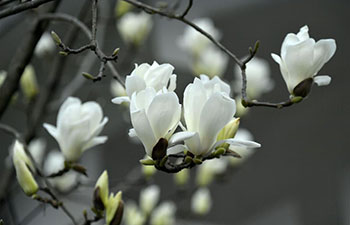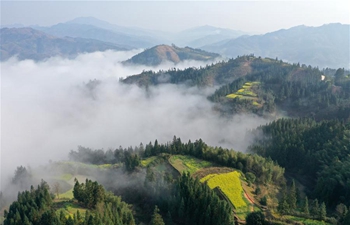ANKARA, March 15 (Xinhua) -- Turkey is rapidly expanding hemp production across the country to make industrial use of it to improve the country's ailing economy.
The cultivation of hemp in Turkey were forbidden in recent decades because of the anti-narcotics regulations. However, Turkish President Recep Tayyip Erdogan said recently that he intends to resume and encourage its production for industrial use.
Indeed in Turkish language, hemp and cannabis, the latter from which marijuana is produced, are the same word "kenevir."
For decades, Turkey has been struggling to eradicate the outlawed Kurdistan Workers' Party (PKK), which is considered a terrorist group heavily involved in drug production and trafficking to finance its activities.
Turkey, which lies on the route of drug trafficking from the East to European countries, has very strict legislation for drug use, production and trafficking, and the police are kept on standby for new drug busts.
Erdogan announced that he wants to expand the legal production of hemp in the country, stressing that the prohibition of the crop is a conspiracy by Western powers to undermine Turkish agriculture.
"Enemies of Turkey who pretend to be our friends have forced Turkey to end its hemp/cannabis production," he said, referring to its NATO ally the United States, which pressured Turkey to ban the production of opium poppy in 1971.
Turkey was then a major producer of legal opium, but farmers were known to also produce considerable amounts of the plant illegally. Turkey even has an Anatolian province called Afyon, which means "opium" in Turkish, known in earlier generations as a big poppy producer.
Turkish Agriculture and Forestry Minister Bekir Pakdemirli also announced that the government will take steps to increase hemp production, which is now allowed in only 19 of Turkey's 81 provinces.
Hemp originates from central Asia, where the plant has been used for 8,000 years. The region is also the original homeland of the Turkic people.
The widespread use of industrial hemp indeed makes it a very attractive agricultural product for many countries, including Turkey.
Hemp is a long-lasting, versatile, recyclable and therefore valuable natural product. In contrast to the production of synthetic plastics, hemp cultivation does not generate polluting byproducts.
Hemp also cleans the environment of radiation. The oil, derived from hemp seeds, is not only a valuable source of omega-3 but can also replace classic crude oil now used to produce plastics and fuel.
"Industrial hemp is really very strategic produce and a miracle crop," said Erdem Ulas, a hemp researcher and writer, during an interview on HaberTurk private channel.
Ulas, also head of the ASAM Hemp Institute, a think-tank, said his organization received "more than 2,000 phone calls from very interested local farmers and investors in Turkey and abroad after President Erdogan's remark on hemp production."
"We can reduce drastically our paper imports. We can make better and cheaper paper. With hemp fibers, we can also create a big added value for our country," said Ulas.
The cultivation of hemp is environmentally friendly as it can protect the nature, he added.
In terms of capacity, Turkey produced 5,000 tons of cannabis/hemp in 1961 and only 7 tons in 2018, according to experts.
"Turkey has rediscovered the importance of hemp as a crop for the economy and the environment," wrote daily Sabah, claiming that the crop will create thousands of new jobs for the country and its struggling economy.






